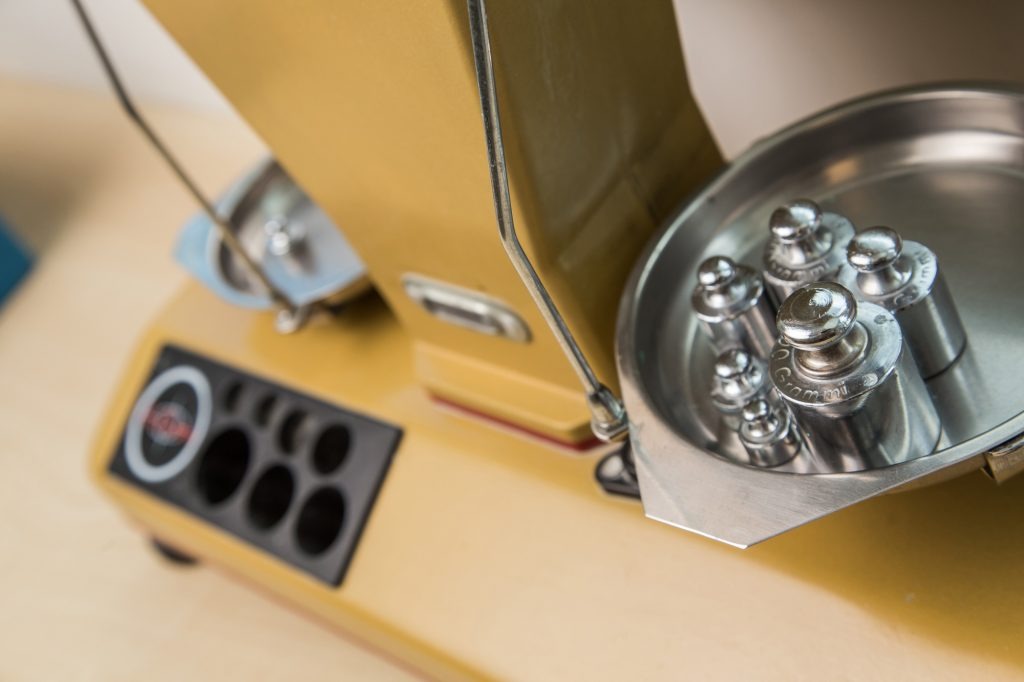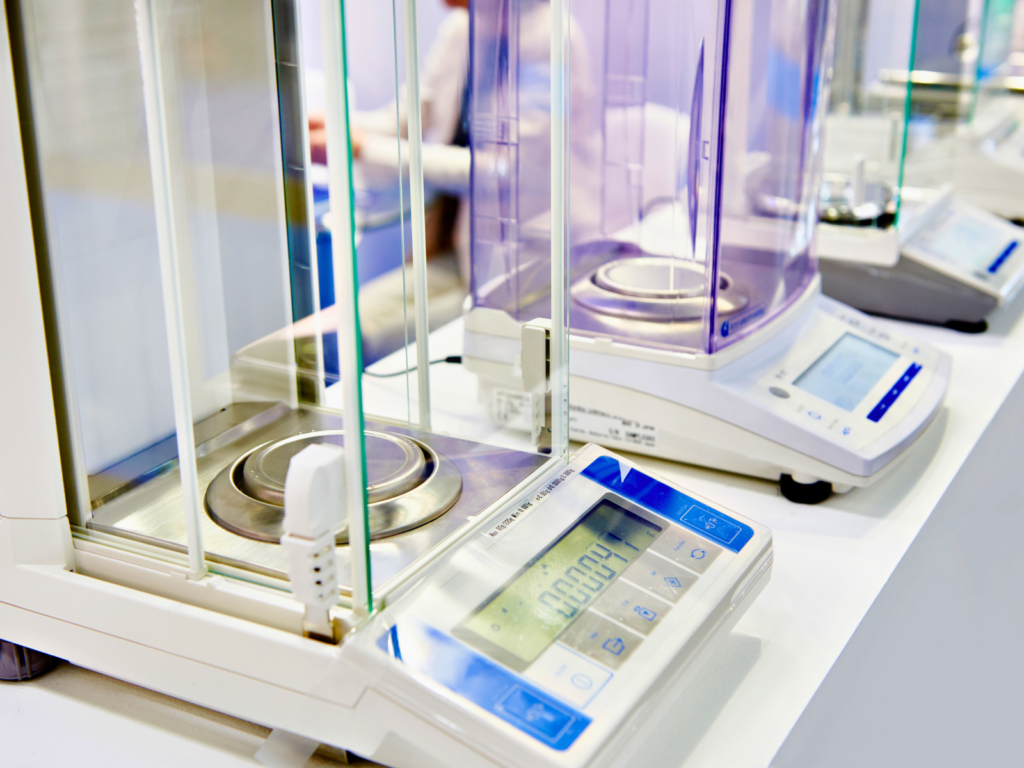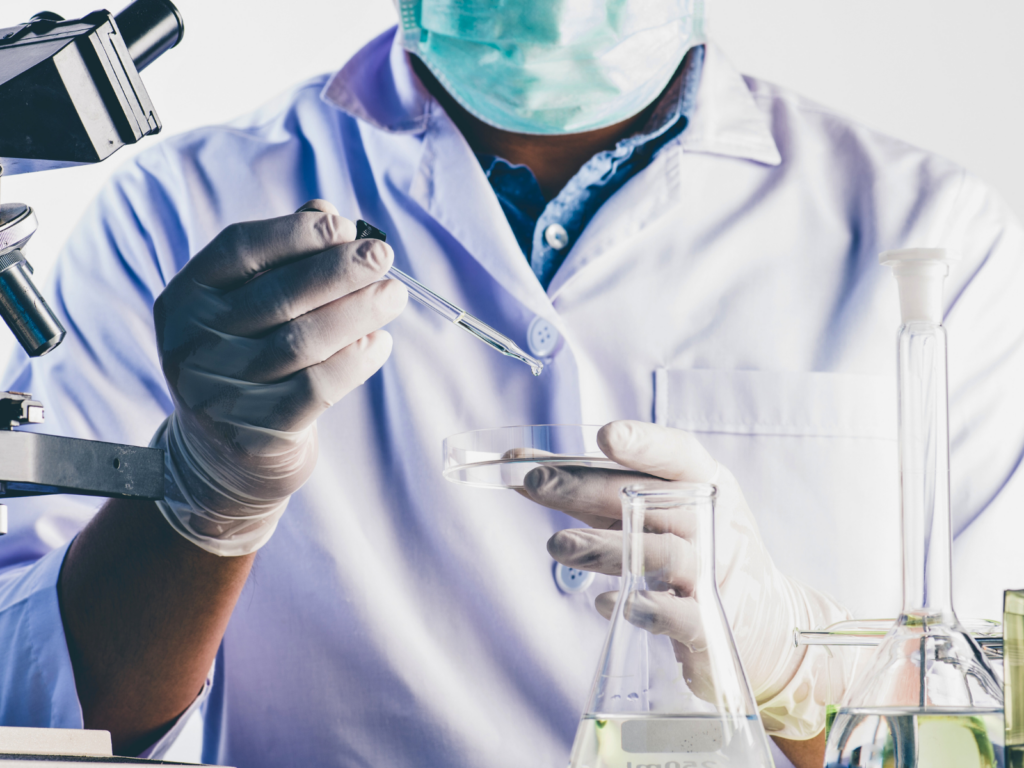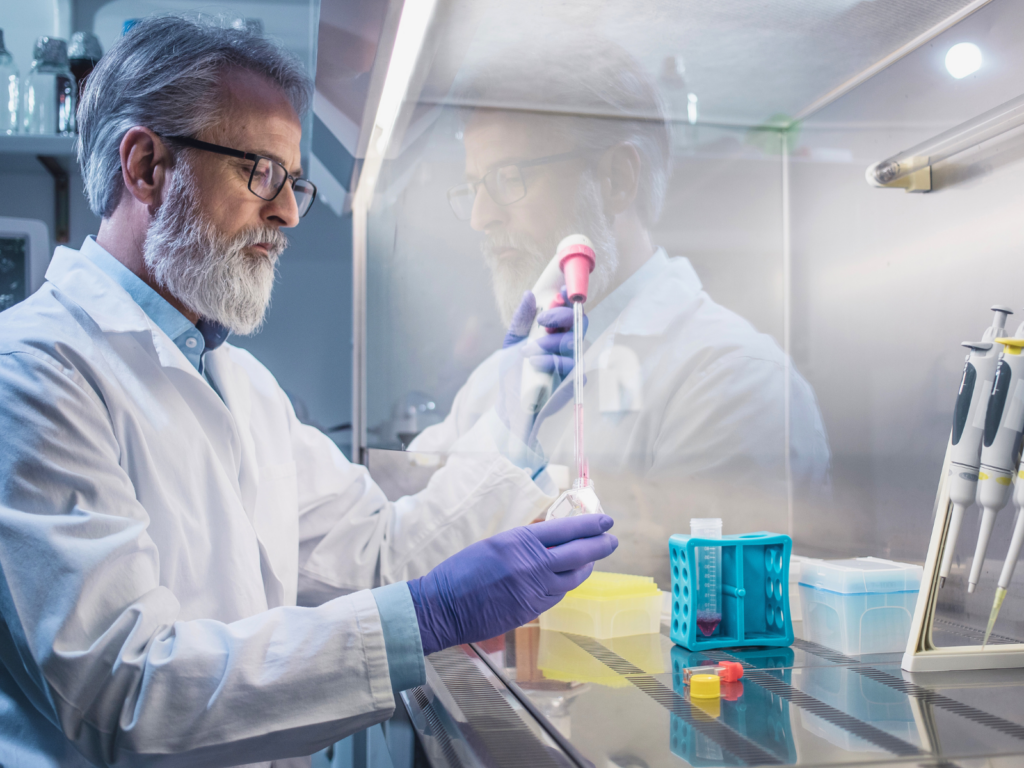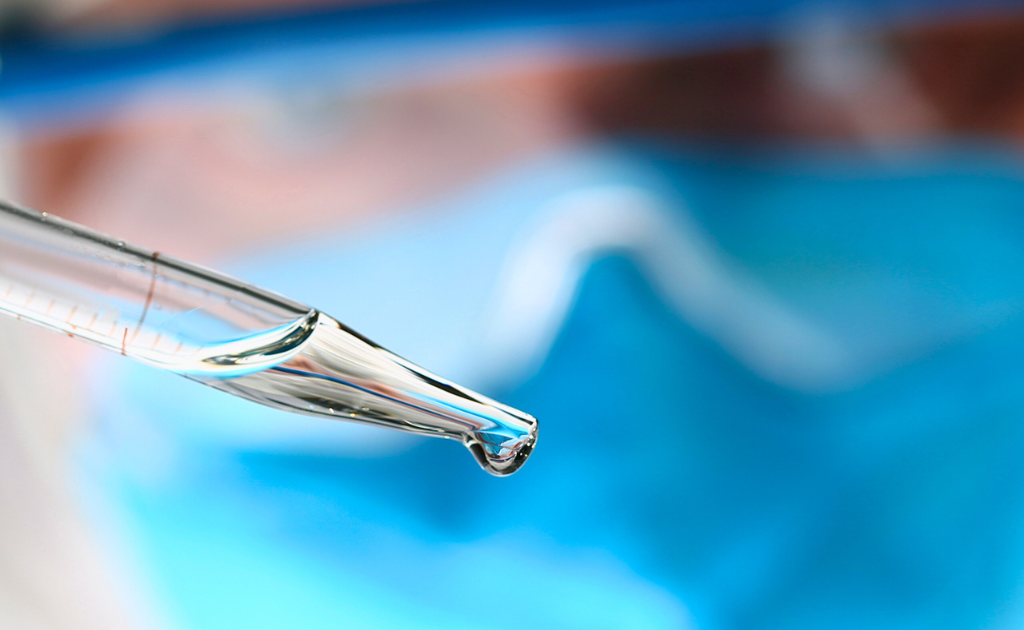Working with out-of-tolerance equipment may have severe implications in different segments of your business, including product quality, plant or lab productivity, safety, and profits.
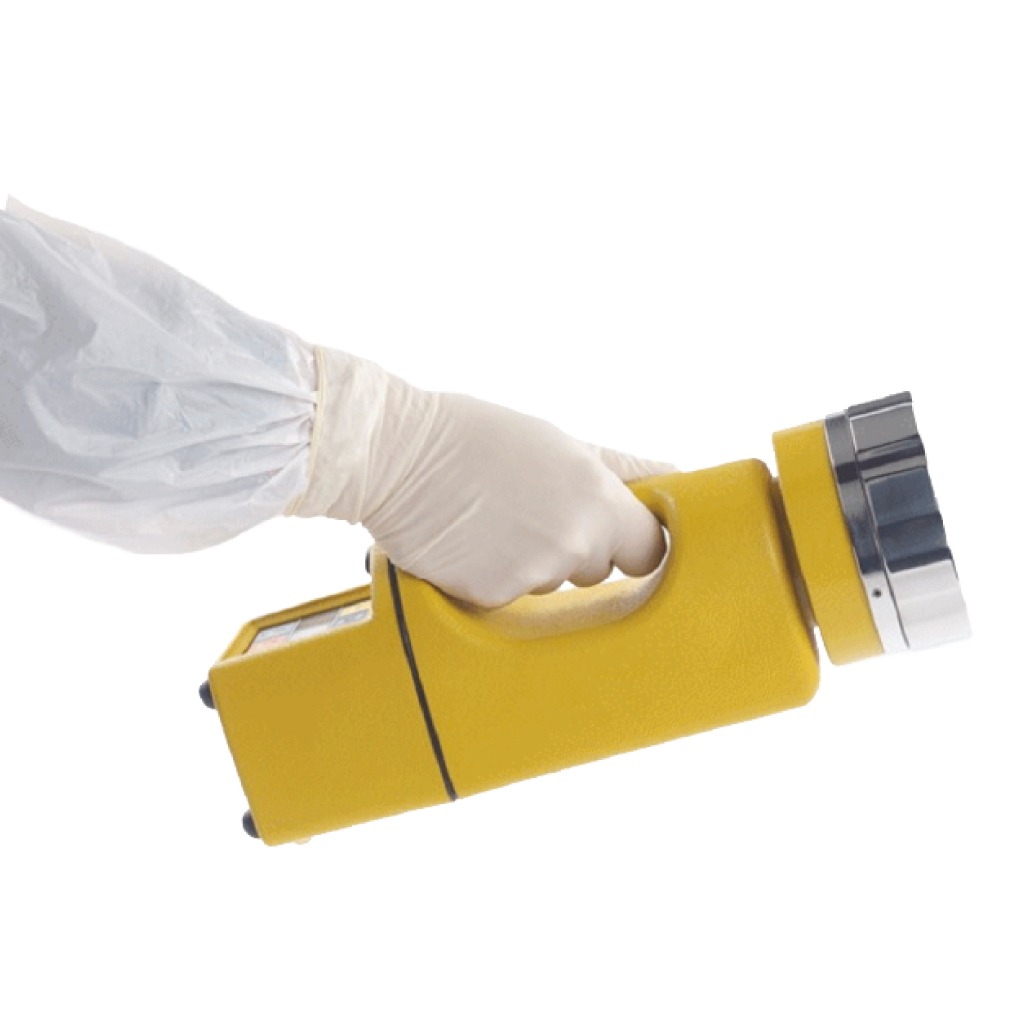
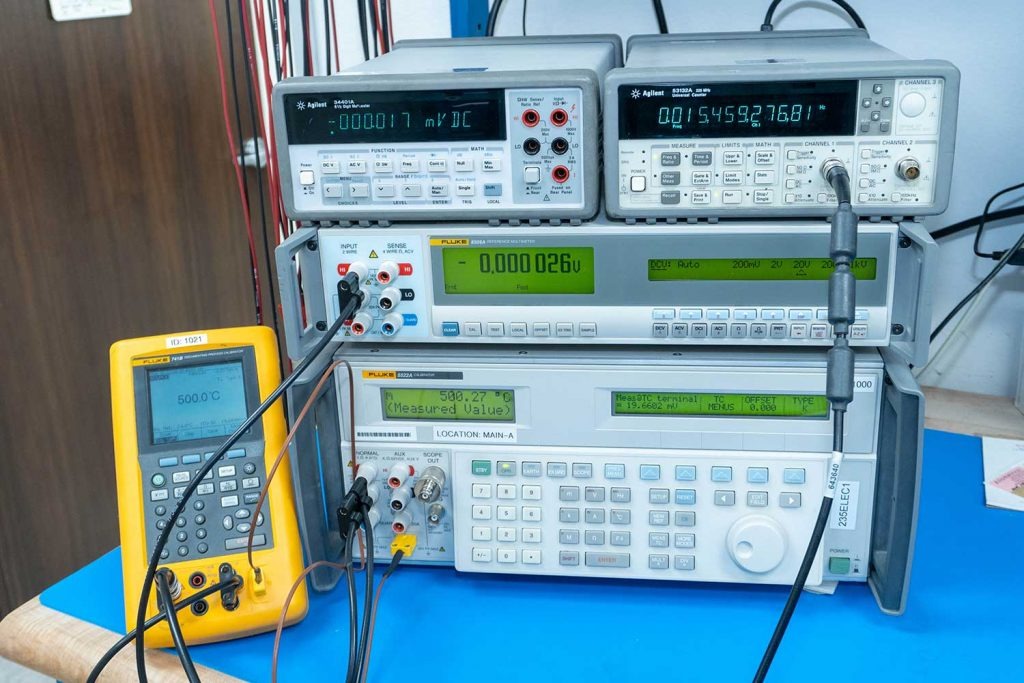
How Important Are Scheduled Calibrations?
When your instruments or the sensors built into them suffer temperature variations or physical stress, their accuracy and precision decline or “drift.”When this happens, the measurement data provided by the sensor becomes unreliable, putting your business at risk.
Drift is inevitable, but it’s also correctable with proper calibration. Therefore, one of the primary purposes of periodically calibrating your equipment is to determine the instrument’s sensor’s accuracy and ensure it operates within the specifications of any relevant regulatory body.
Risk of Waiting Too Long to Calibrate
As we mentioned, many risks are associated with extending your company’s calibration schedule.
Following are some examples to consider:
Compromised Product Quality
Being unable to take accurate measurements may interfere with laboratory research, manufacturing, and production processes and could even compromise the quality of finished products.
Product quality is at the heart of any brand, regardless of your industry. Still, it is of particular concern to food processing, medical, pharmaceutical, and biomedical companies.
Other Equipment May Be Affected
Using out-of-tolerance equipment can lead to increased downtime due to unexpected failures. In addition, these failures can sometimes cause damage to other devices or parts within the same instrument, leading to waste and unnecessary costly repairs.
Equipment failure may endanger the safety of your employees and could possibly lead to expensive medical bills along with higher insurance premiums.
Decrease your Overall Maintenance Costs
Poorly calibrated equipment increases all-around waste of resources, time, and staffing. It could also force your company to pay extra for expedited delivery of spare parts and emergency maintenance.
By following a well-designed calibration schedule, you can reduce downtime, increase productivity and reliability, thus perhaps your energy bills as your equipment will perform at optimal levels.
Increase your Customer Satisfaction
Keeping your instruments calibrated can help to increase positive customer satisfaction. Other benefits include complying with safety standards and to have the satisfaction that your service is kept to the highest level.
Take the necessary precautions to ensure regular and proper maintenance and calibration of your instruments.
Trust our expert staff to help you implement a calibration schedule to ensure your equipment runs at optimal levels all year round.
